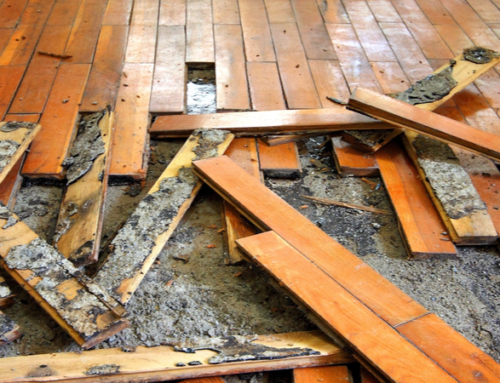Q: I recently bought a 3-family house in Brooklyn, NY from a developer. His name is on the contract as well as his limited liability company’s name.
I have reason to believe that there is no insulation in between the floors of the home. The contract blueprint specifies “6-inch batt insulation throughout.”
What should I do? Can he close his company leaving me nobody to sue?
A: The first thing you should do is determine whether there is six inches of insulation between the floors.
Find a contractor that can cut a small hole in one of the ceilings to determine if there is any insulation between the floors. If you find that there is insulation, you will need to take no further action other than to patch and paint the hole in the ceiling.
If you find that there is no insulation there and perhaps in one other test hole, you will have confirmed your suspicions that there is no insulation between the floors (or at least the floor you tested).
Once you have determined you actually have a problem, you’ll need to find out what it will cost to fix the problem. If you can blow insulation into the ceilings and can price out that solution, you will know where you stand in terms of the cost of remedying the problem and have a number you can tell the developer that he owes you.
If the seller signed the contract in his personal capacity and in his company capacity, you may have the right to sue both the individual and the company. If the company has no assets left in it, you may be able to follow the money trail to recover the cash you need to make the needed repairs.
Your contract with the developer should provide that the developer would build the home substantially in accordance with the plans and specifications. If there was a change made to the plans and specifications, and the “blue prints” you have are not the final ones, it’s possible that the developer changed the insulation requirements for the building and you are looking at obsolete plans.
However, if the plans you are looking at are the final approved plans, the developer should have built the building in accordance with those plans. You may have an action against the developer for breach of contract and perhaps even under a consumer protection statute.
You may want to talk to a litigation attorney about your case and determine if there are any consumer protection laws in your state that may allow you to recover your attorney’s fees in case you sue the developer.
Aug. 17, 2006.




Leave A Comment